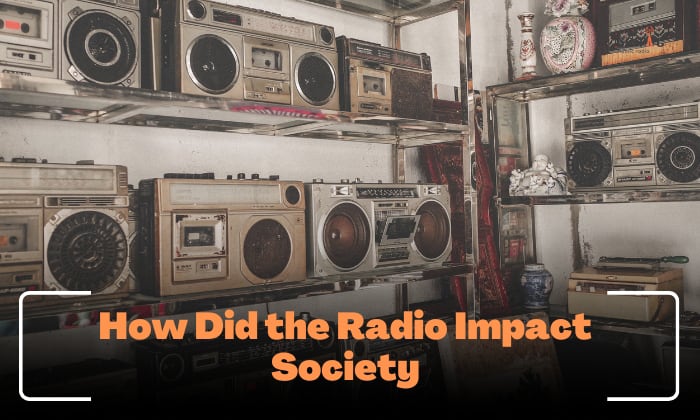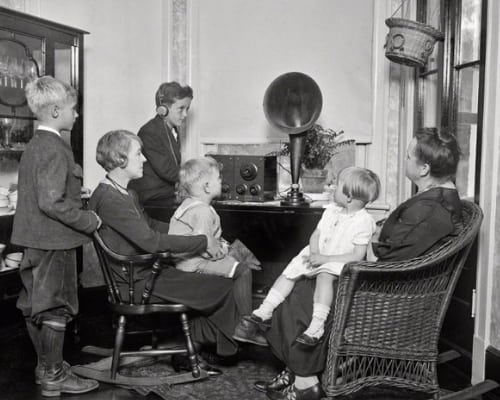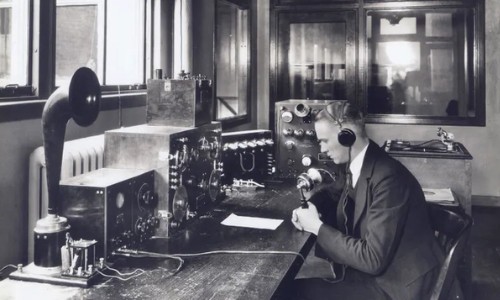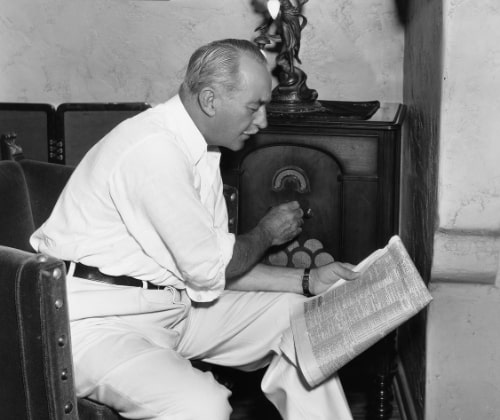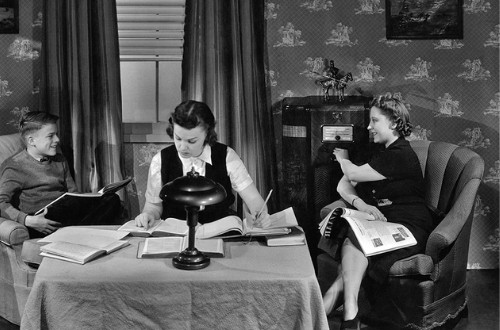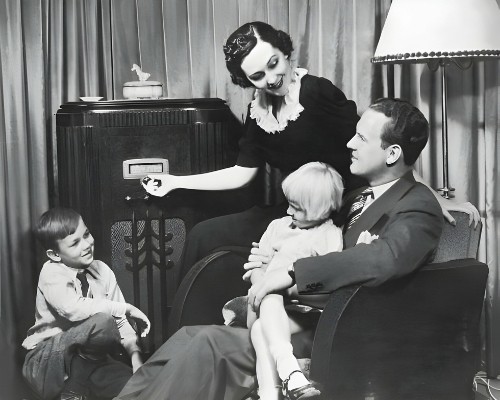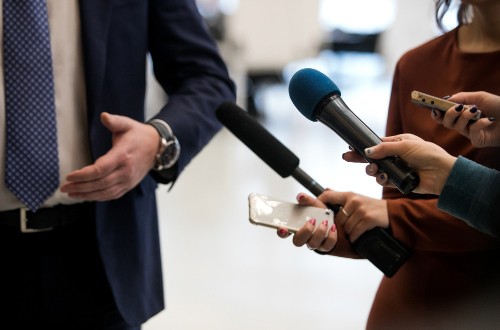Despite the technological advancements that shaped the world today, radio remains one of the most enduring and influential mediums of mass communication. From its introduction to the present day, radio has left a mark on the development of society and culture.
So, how did the radio impact society? Its impact on information dissemination revolutionized the way people communicated. It became a source of news, entertainment, and cultural exchange. It also bridged communication gaps and connected people across geographical and cultural boundaries.
In this article, we will explore the transformative power of radio that shaped our collective consciousness.
The Evolution of Radio
In the earliest years of the invention of the Radio, it was perceived in a negative way. Newspaper editors were concerned that they would run out of business if people started to listen to the Radio instead of reading the papers.
1. An Overview in the 1920s
The first commercial radio station in America started airing on November 2, 1920. This was the time after World War I when the non-government radio ban was lifted. At this point, radio became more practical and accepted in media sharing than traditional print media.
The effectiveness of radios in delivering communication, entertainment, and culture brought the Americans closer. Its influence popularized a variety of music, including Jazz, Blues, Swing, and other genres of this time.
2. The Rise of Radio Broadcasting Networks
Eventually, as radios became more accepted, radio networks were formed. These radio networks initially just played music. However, as the years progressed, the formats evolved into radio dramas, news, educational, and talk programs.
Impact on Communication and Society
Radios served societies with the latest news locally and from distant places. The new radio culture enabled artistic expression and storytelling traditions. Its impact went beyond entertainment, as it gradually becomes a powerful education and social awareness tool that could change the world.
1. Access to Information
Radios provide real-time information to their audiences, which makes them a valuable and reliable source of information. They can reach people in far communities, even without an internet connection.
When emergencies strike and other forms of communication cease, radios can still work. Their life-saving role can keep the masses well-informed.
2. Literacy and Education
Besides entertainment, sports, and news, Radio also brings education forward with programs that broadcast lessons. It also got progressive thinking that influenced listeners to view society differently.
Exposure to educational radio programs has also been proven to improve literacy, even in adults. Radios often focus on spoken language including discussions and storytelling. By listening to these programs, the vocabulary and comprehension of the listeners are enhanced.
3. On Entertainment
Before the radio was invented, people could only share their music through live performances or piano sheets. With radio networks, live performances could be broadcast nationwide, which popularized and promoted local music and talent.
Other unique radio entertainment, such as dramas, comedy, and talk shows, brought new excitement to people of any economic background. These forms of entertainment provided them with an enjoyable escape from everyday life.
4. A Tool for Social and Political Empowerment
In the 1920s, when radio became a hit, the political landscape also changed. People during that time could only read about politicians and politics in general. However, with the power of radio broadcasting, voters can hear political messages over long distances.
Radios have revolutionized how elections are covered. Politics directly affect people’s lives, so radio turns it into a participatory event where people can get involved. Live broadcasts brought political campaigns and debates directly to people’s homes. It was a chance for them to make more informed decisions.
5. Advertising and Promotion
It is no surprise that radio would also become a medium for advertising and promotion. Because of its reach and cost-effectiveness, it became a strategy for businesses to promote their products and services.
Even in the modern age, radio’s influence on advertising and promotion is still utilized by businesses. With millions of users and active listeners, brands can reach bigger audiences than any other form of media.
6. On Cultural Exchange
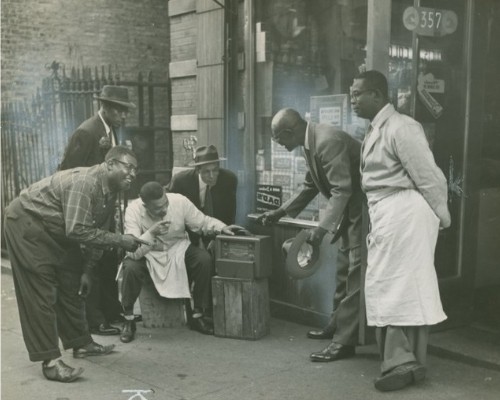
Radio’s influence helped promote cultures to other parts of the country in America. This has reduced the language, music, and way of life disparity. It became a platform that celebrates humanity along with its diversity.
The discourse that radio provided helped shape cultures, a way for people to be represented and heard. Despite the diversity of its audiences, different radio programs made it possible for all of them to exist and be shared.
7. On Language Preservation
Language preservation is one of the most significant positive impact of radio. It has allowed programs to utilize native languages and traditional storytelling. With a wide range of listeners, these are carried down by generations.
Even in the face of cultural influences and shifting societal norms, these channels preserved linguistic diversity and heritage. Radios ensure these stories and languages can be passed down to younger listeners.
Conclusion
How did the radio impact society? Indeed, Radio played an integral role in shaping the society and connecting people. It left a lasting impact on societal and cultural development. The flow of information and ideas greatly contributed to unifying perspectives and meaningful discussion.
As we move forward, we should recognize and appreciate the positive impact that radio has in shaping the world we live in today.

Hi there! I am Howe, and I am the founder of G0HWC. I have been a radio enthusiast for as long as I can remember. I live and breathe radio, always taking the chance to blabber about it when customers seek my radio mechanic services.
Five years into working as a radio mechanic, I realized that most people struggle to fully understand the different complex aspects of owning and using a radio, though they understand the importance of having one.
And it dawned on me: I can put my blabbering to good use!
I started G0HWC to blabber all I want and help others who are not yet well-versed in radio language in doing so.

